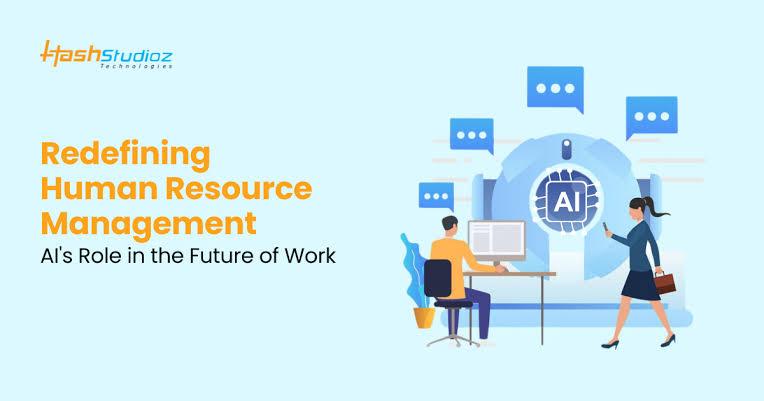The workplace is changing fast. Routine HR tasks like onboarding, benefits enrollment, and time tracking are slowing down productivity and pulling teams away from strategic work. But there’s good news: human resources automation is stepping in to take over repetitive tasks, unlocking time, efficiency, and a sharper focus on people. As more companies adopt hr automation software, they’re discovering a future where HR teams can lead with insight instead of paperwork.
In simpler workplaces, employees once spent hours on manual processes: filling out forms, sending reminders, running reports, or answering basic questions. Human resources automation powered by HR automation software shifts all that. Automation tools handle data entry, approvals, scheduling, and basic inquiries instantly. That means HR professionals can step away from mundane tasks and invest in what matters most—supporting employees, building culture, and aligning work to business goals.
Efficiency and Strategic Relief
One of the most exciting advantages of automation is saving time. HR staff often devote more than half their time to administrative duties. With automation in place, that load drops significantly. Self-service portals let employees check leave balances, manage benefits, or update their profiles without HR intervention. That frees HR to lead strategic initiatives like performance coaching or organizational planning.
Greater Accuracy and Compliance
Manual data handling is prone to mistakes—from payroll errors to outdated records. Human resources automation ensures data is captured accurately and on time. Automation helps keep everything consistent, reducing errors and strengthening compliance efforts. Accurate records and audit-ready workflows also take the stress out of handling regulatory change.
Improved Onboarding and Employee Experience
First impressions matter. Smooth onboarding sets the tone for an employee’s whole journey. Her automation software creates automated checklists, welcome messages, and task reminders essential for new hires. These tools ensure everyone starts on the same page and feels supported from day one. Across the employee lifecycle, automated communication and streamlined workflows nurture satisfaction and trust.
Smarter Hiring with AI
Recruiting is often slow and cumbersome. Automation speeds it up. Modern tools can screen resumes, prioritize candidates, or even suggest job matches based on skills. That means HR teams can focus interviews on best-fit candidates and spend less time sifting through unqualified applications. This increases hiring quality and reduces time-to-fill roles.
Scalability and Flexibility
Growing companies, remote teams, or those launching new offices can feel overwhelmed by HR complexity. Human resources automation shines here—it scales effortlessly. From multi-location onboarding to shift scheduling systems, automation adapts to demand, handling volume without compromising accuracy.
Data-Driven Insights
Automation doesn’t just handle tasks—it collects valuable data. Metrics on hiring speed, turnover, onboarding completion, and engagement become visible through dashboards. HR leaders gain insights to spot trends, anticipate issues, and make smart decisions before problems arise.
Well-Being, Focus, and Autonomy
Taking repetitive tasks off HR’s plate means teams can engage more meaningfully with employees. With admin covered, HR can prioritize wellbeing programs, continuous learning, and career development. Automation helps create an environment where people feel heard, supported, and connected.
Future-Ready Workforce
The workplace of tomorrow will value adaptability, creativity, and human connection. Her automation software bridges today’s reality with that future. It wears the burden of process, giving HR the freedom to build culture, nurture talent, and respond quickly to change.
Conclusion
The future of work is here, and human resources automation is leading the way. By removing routine burdens and improving workflow accuracy, HR automation software empowers HR teams to become strategic partners in the organization. Automation doesn’t replace people—it elevates them. As automation grows, HR professionals are freed to focus on engagement, culture, and leadership. Ultimately, that’s the future of a happier, smarter, and more agile workplace.
